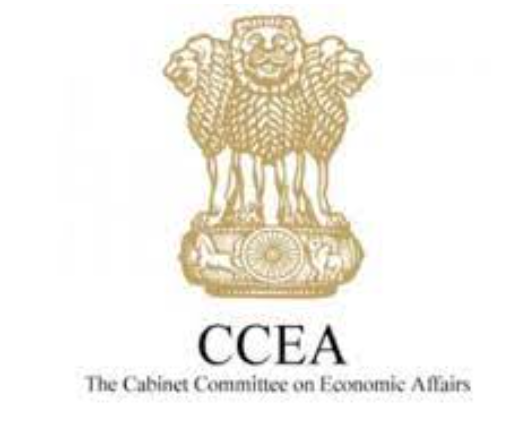Cabinet Committee on Economic Affairs (CCEA)
The Cabinet Committee on Economic Affairs (CCEA) is a high-level committee of the Union Cabinet of India, chaired by the Prime Minister. The committee is responsible for making decisions on major economic policy matters and investments, and for providing direction on key economic issues. The CCEA plays a crucial role in shaping India’s economic policy landscape and in promoting economic growth and development.
The CCEA comprises of the following members:
- Prime Minister (Chairperson)
- Minister of Home Affairs
- Minister of Finance
- Minister of Defence
- Minister of Commerce and Industry
- Minister of Road Transport and Highways
- Minister of Chemicals and Fertilizers
- Minister of Agriculture and Farmers Welfare
- Minister of Consumer Affairs, Food and Public Distribution
- Minister of Railways
- Minister of Petroleum and Natural Gas
- Minister of Power
The composition of the CCEA may vary depending on the specific agenda items under discussion, with other relevant ministers being invited to participate as needed.
Functions and Responsibilities
The primary functions and responsibilities of the CCEA include:
- Formulating and implementing major economic policies and strategies.
- Approving major investment proposals and projects, particularly those involving large financial outlays or those with significant economic implications.
- Reviewing and monitoring the implementation of major economic policies and projects.
- Providing direction on key economic issues, such as inflation, trade, investment, and industrial policy.
- Coordinating economic policy across different ministries and departments to ensure coherence and effectiveness.
- Promoting public-private partnerships and encouraging private sector participation in key economic sectors.
Approval Process
The CCEA has the authority to approve proposals and projects that involve significant financial outlays or have major economic implications. Proposals that require CCEA approval typically include:
- Projects with an investment of more than Rs. 1,000 crore (approximately USD 135 million).
- Foreign direct investment (FDI) proposals that exceed Rs. 5,000 crore (approximately USD 675 million).
- Proposals for the disinvestment of government equity in public sector undertakings.
- Proposals for the formation of joint ventures or subsidiaries by public sector undertakings.
Ministries and departments seeking CCEA approval must submit detailed project proposals, including financial and economic analyses, to the CCEA secretariat. The proposals are then reviewed by relevant ministries and departments before being presented to the CCEA for consideration and decision.
Recent Decisions and Initiatives
Some of the recent key decisions and initiatives of the CCEA include:
- Approval of the National Education Policy 2020, which aims to transform India’s education system and promote lifelong learning.
- Approval of the Production Linked Incentive (PLI) scheme for various sectors, including electronics, pharmaceuticals, and automobiles, to boost domestic manufacturing and attract foreign investment.
- Approval of the National Monetisation Pipeline (NMP), which aims to monetize government-owned assets and infrastructure to generate funds for new infrastructure development.
- Approval of the National Hydrogen Mission, which aims to promote the use of hydrogen as a clean energy source and to establish India as a global hub for hydrogen production and export.
The Cabinet Committee on Economic Affairs plays a vital role in shaping India’s economic policy landscape and in promoting economic growth and development. Through its decision-making and approval processes, the CCEA ensures that major economic policies and projects are aligned with national priorities and are implemented effectively. As India continues to pursue its economic development goals, the role of the CCEA in providing strategic direction and oversight will remain crucial.


